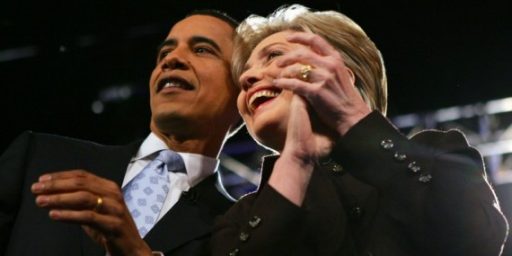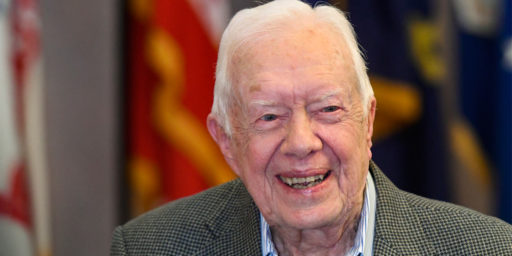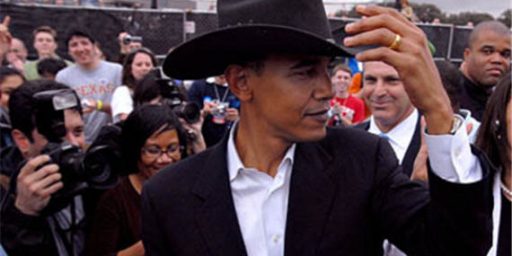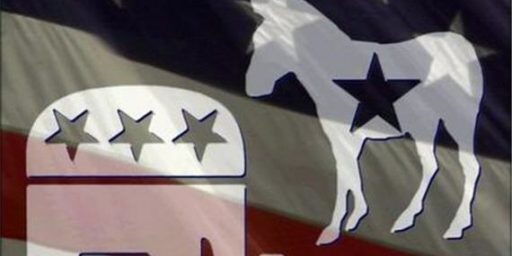Patrick Caddell, Carter Political Adviser During 1976 Campaign, Dies At 68
Patrick Caddell, who helped Jimmy Carter win the Democratic nomination and White House in 1976, has died at the age of 68.
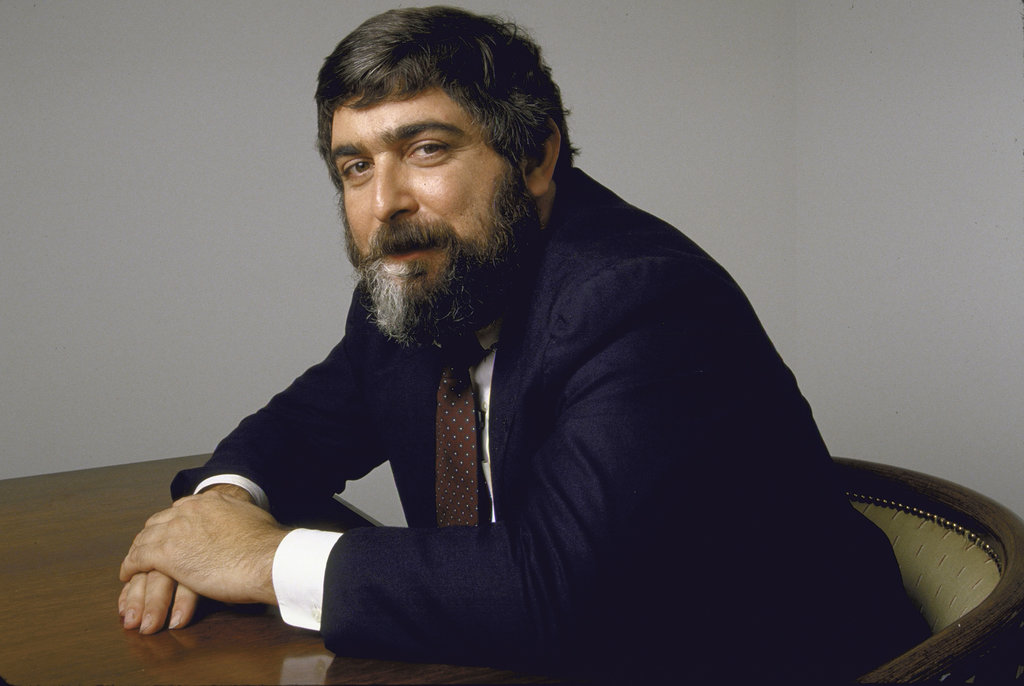
Patrick Caddell, who served as a political adviser and pollster for advisers on both sides of the aisle, has died at the age of 68;
Patrick Caddell, the political pollster who helped send an obscure peanut farmer named Jimmy Carter to the White House, later became disillusioned with fellow Democrats and finally veered to advise supporters of Donald J. Trump, died on Saturday in Charleston, S.C. He was 68.
His death, from complications of a stroke, was confirmed by a colleague, Prof. Kendra Stewart of the College of Charleston.
While Mr. Caddell was considered instrumental in Mr. Carter’s victory, he also shared the blame for limiting him to a single term. He helped persuade the president to deliver a speech that was intended to inspirit the nation during an energy crisis and economic slump, but instead tarred Mr. Carter as a weakling who was unable to lift the country out of its malaise.
Instead, in 1980 voters chose Ronald Reagan, a Republican who promised a rosier vision that he would describe during his successful re-election campaign as “morning again in America.”
Ironically, Mr. Carter never mentioned the word “malaise” in his 1979 address to a nation fed up with endless lines at gas stations, inflation and joblessness. His solemn jeremiad bemoaning the “crisis of the American spirit” when “human identity is no longer defined by what one does, but by what one owns” was initially well received.
But it turned out that the crisis of confidence was in Mr. Carter’s ability to get the country going again.
In 1987, William Schneider, a political analyst with the American Enterprise Institute, called Mr. Caddell “the living American with the most direct experience in presidential campaigns, except for one, Richard Nixon.”
Patrick Hayward Caddell was born on May 19, 1950, in Rock Hill, S.C. His mother was Janie (Burns) Caddell. His father, Newton P. Caddell, was a Coast Guard chief warrant officer. Patrick grew up near various Coast Guard stations, spending most of his youth in Falmouth, Mass., and Jacksonville, Fla., where he attended parochial high school and also began taking his first public opinion surveys.
“Math was not my favorite subject,” he said, but at 16, for a mathematics project in his junior year, he fashioned a “voter election model” of the Jacksonville area for predicting elections based on early returns.
I set up at the courthouse and called all the elections early with great abandon, with no idea what I was doing,” he said. “And they all turned out right.”
That was the extent of his formal academic training in public opinion research.
He was still an undergraduate at Harvard, where he earned a bachelor’s degree in political science in 1972 and started a thesis on “the changing South,” when he started polling professionally for Senator George S. McGovern’s fledgling presidential primary operation.
McGovern lost in a landslide; Mr. Caddell’s political acumen and polling expertise, translating data into tactical strategy, were among the few creditable outcomes of the campaign.
He established his own firm, Cambridge Survey Research, to conduct political campaigns. Although he spun off another company, Cambridge Reports, to advise corporate clients, he was criticized for capitalizing on his Washington connections — representing, among other clients, nuclear energy companies and the Saudi Arabian government — especially when, during the Carter administration, he became known as the president’s pollster.
Campaign staffs are not known for sharing credit, but in June 1976, when Mr. Carter had secured the Democratic nomination, his campaign manager, Hamilton Jordan, confidently told a reporter: “You know why Jimmy Carter is going to be president? Because of Pat Caddell — it’s all because of Pat Caddell.”
Mr. Jordan said that in helping Mr. Carter defeat Gov. George C. Wallace of Alabama in the Florida primary, Mr. Caddell had reaffirmed the campaign’s overall strategy but had also pinpointed where to concentrate its resources.
Before Mr. Carter was inaugurated in January 1977, Mr. Caddell advised him to stick to broad themes and issued a warning: “Too many good people,” he wrote in a 56-page memo, “have been beaten because they tried to substitute substance for style.”
Starting in the late 80’s Caddell drifted away from the Democratic Party and, while he never again assumed as prominent a campaign role as he had during Carter’s 1976 campaign, he did pop up from time to time as an advocate or adviser for an eclectic group that included people such as Gary Hart, Steven Jobs, and Ross Perot. During the Obama Administration, he often teamed up with Doug Schoen, another Democratic political adviser who had fallen out of favor, to write seemingly bizarre Op-Eds envisioning scenarios where President Obama would be replaced by Hillary Clinton on the 2012 Democratic ticket. We wrote about several of these columns here at OTB over the years, in posts such as this, this, and this. INn more recent years, Caddell became something of a pro-Trump spokesperson on Fox News Channel, thus completing a rather bizarre political drift. All that being said, winning a Presidential campaign, especially with a previously unknown candidate like Carter, is no small achievement. That win gave Caddell an air of credibility long after his arguments had any real logic to them, though.

